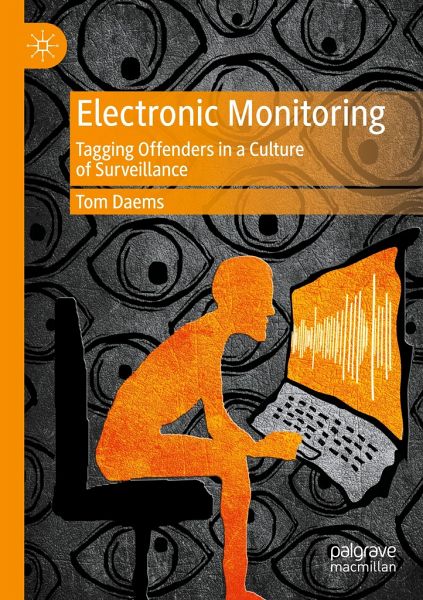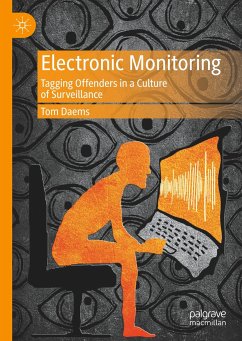
Electronic Monitoring
Tagging Offenders in a Culture of Surveillance
Versandkostenfrei!
Versandfertig in 6-10 Tagen
42,99 €
inkl. MwSt.
Weitere Ausgaben:

PAYBACK Punkte
21 °P sammeln!
This book offers a systematic, sociological and penological exploration of the most up-to-date uses of electronic tagging (also known as electronic monitoring). With increasingly overcrowded prisons, electronic tagging has been proposed as an alternative form of punishment, and interest in this topic is growing throughout Europe. Current debates and research have often been limited to policy evaluation and effectiveness, whereas Electronic Monitoring examines the brand of punishment from a social-science perspective. This book explores the uses and history of electronic tagging, and draws upon...
This book offers a systematic, sociological and penological exploration of the most up-to-date uses of electronic tagging (also known as electronic monitoring). With increasingly overcrowded prisons, electronic tagging has been proposed as an alternative form of punishment, and interest in this topic is growing throughout Europe. Current debates and research have often been limited to policy evaluation and effectiveness, whereas Electronic Monitoring examines the brand of punishment from a social-science perspective. This book explores the uses and history of electronic tagging, and draws upon the work of the Dutch criminologist Willem Nagel to reflect upon this form of punishment by examining its functions and dysfunctions. It speaks to those interested in criminal justice reform, surveillance, penology and penal innovation and probation.












